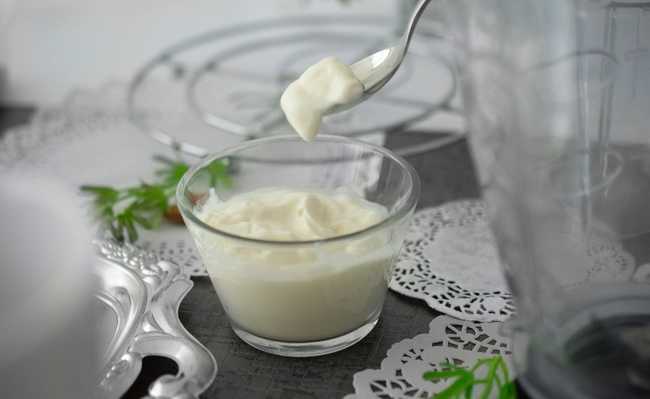What is cumin seasoning for?
Cumin serves to add flavor to dishes and also provides unmissable health benefits

Cumin is a seed used as a spice, and is born in the vegetable scientifically called Cuminum cyminum, belonging to the Apiaceae family.
It is a very ancient plant, whose use extends over several civilizations, having originated in the Eastern Mediterranean and Egypt. Today it is cultivated in South Africa and the Middle East countries, India and Mexico, being added to many dishes.
Also, cumin has long been used in traditional medicine.
Modern studies have confirmed some of cumin's health benefits, including improving digestion, reducing infections caused by eating contaminated food, losing weight, and controlling blood sugar and cholesterol levels.
What is the cumin seasoning for
1. Promotes digestion
The most common traditional use of cumin is for indigestion. In fact, modern research confirms that cumin can help speed up normal digestion.
It can increase the activity of digestive enzymes, speeding up digestion.
Cumin also increases the release of bile from the liver, helping to digest fats and certain nutrients in the intestine.
In one study, 57 people with irritable bowel syndrome (IBS) reported improvement in symptoms after ingesting concentrated cumin for two weeks.
2. It is a source of iron
Cumin seeds are naturally rich in iron.
One teaspoon of cumin powder contains 1.4 mg of iron, or 17.5% of the recommended daily intake (RDI) for adults.
Few foods are as rich in iron as cumin. This makes it a good source of iron, even when used in small amounts as a seasoning.
3. Contains beneficial plant compounds
Cumin contains many plant compounds that are linked to potential health benefits, including terpenes, phenols, flavonoids and alkaloids (see studies on this here: 1 , 2, 3, 4).
Several of them function as antioxidants, which are chemicals that reduce the damage caused by free radicals.
4. Can help with diabetes
Some of the components of cumin provide anti-diabetic effects.
A clinical study showed that a cumin supplement improved early indicators of diabetes in overweight individuals compared to a placebo.
But it's not just the cumin supplement that provides benefits, the routine use of cumin as a spice can help control the blood sugar of people with diabetes, according to two studies.
5. Can improve blood cholesterol
In one study, people who ingested 75 mg of cumin twice a day for eight weeks had lower unhealthy blood triglycerides.
In another study, there was a decrease of almost 10% in "bad" LDL cholesterol levels in patients who took cumin extract for a month and a half.
In contrast, another study found no changes in blood cholesterol in participants who took cumin supplement.
6. Can promote weight loss and fat reduction
Cumin supplements have helped promote weight loss in some clinical studies.
A study of 88 overweight women found that yogurt containing three grams of cumin promoted weight loss compared to yogurt without it.
Another study showed that participants who took 75 mg of cumin supplements every day lost 1.4 kg more than those who took a placebo.
A third clinical study looked at the effects of cumin supplementation in 78 adult men and women. Those who took the supplement lost 2.2 kg (1 kg) more in eight weeks than those who didn't.
In contrast, a study using a lower dose of 25 mg per day did not see any change in body weight compared to a placebo.
7. Prevents infectious diseases
Many spices, including cumin, appear to have antimicrobial properties that can reduce the risk of infections caused by contaminated food.
According to two studies, several components of cumin reduce the growth of bacteria and fungi that develop in food.
When digested, cumin releases a component called megalomicin, which has antibiotic properties.
In addition, another test-tube study showed that cumin reduces the resistance of certain bacteria to drugs.
8. Can help with substance abuse
Chemical dependency is a growing concern internationally. Opioid narcotics create addiction, leading, in many cases, to continued or increased use.
Studies in rats have shown that cumin components reduce addictive behavior and withdrawal symptoms to some drugs.
However, much more research is needed to determine whether this effect would be useful in humans.
9. Improves inflammation
Test-tube analysis showed that cumin can inhibit inflammation.
There are several components of cumin that can have anti-inflammatory effects, but research done so far does not know which one is the most important (see studies about it here: 1, 2, 3, 4).










